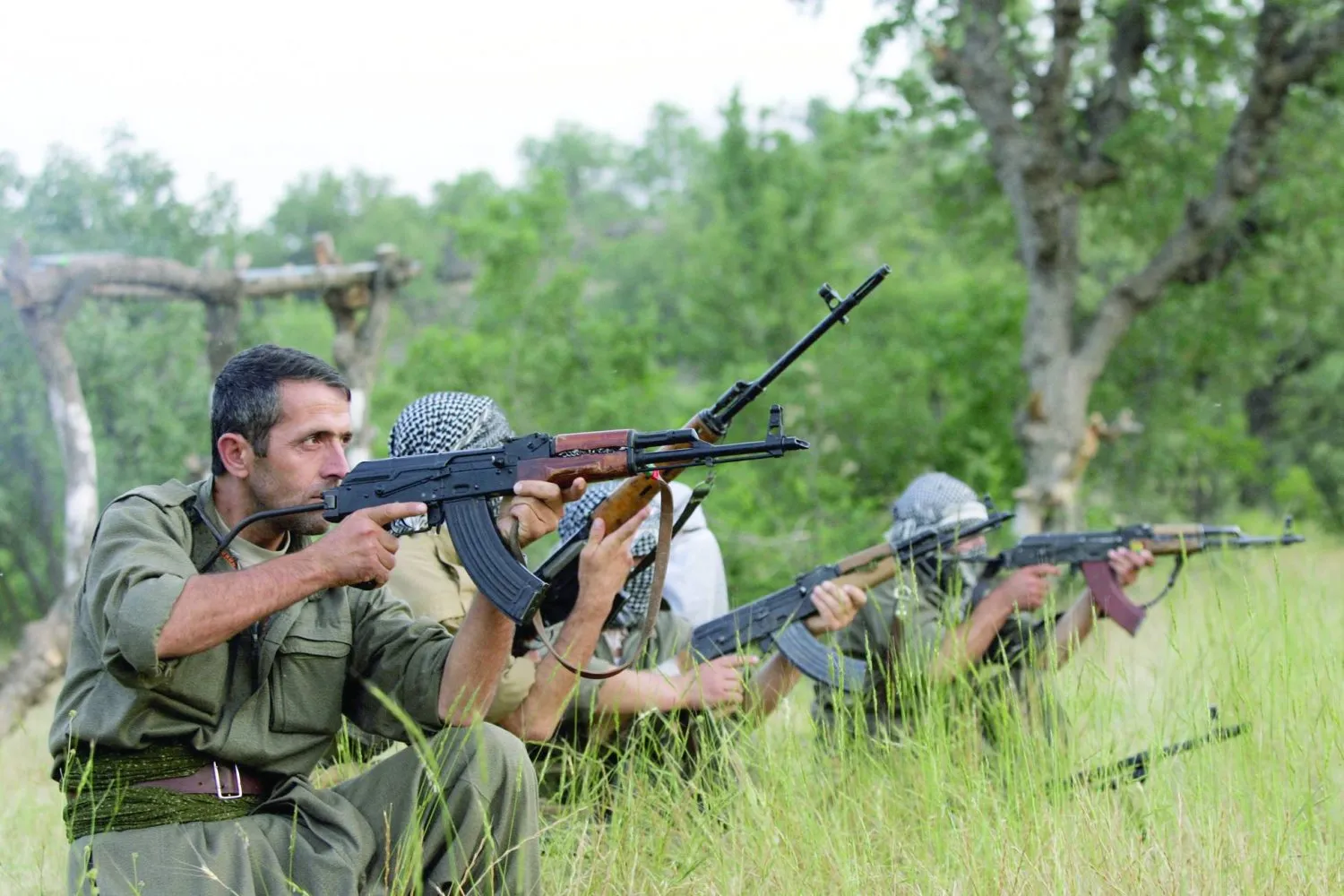The Turkish Defense Ministry announced on Sunday that seven Kurdish fighters were killed in operations against the PKK in north Iraq and Syria.
The ministry said in a social media post that “the Turkish army eliminated three terrorists from the Kurdistan Workers' Party (PKK/YPG) in areas of Operation Euphrates Shield and Peace Spring in Syria’s north. Another four terrorists were eliminated in the Operation Claw-Lock area in Iraq,” according to Anadolu Agency.
Turkish authorities use the term “neutralize” to imply the armed men surrendered or were killed or captured by the army.
On July 17, 2022, Türkiye launched Operation Claw-Lock to target the PKK's hideouts in northern Iraq's Metina, Zap, and Avasin-Basyan regions from where the group launch attacks both on nearby Türkiye and locals in northern Syria.
Turkish reports say the PKK has been responsible for the deaths of more than 40,000 people since they launched separatist activities in the 1980s.
Last week, the Turkish Intelligence announced it has neutralized Ali Dincer, the so-called leader of Al-Jazira region, in an intelligence-based operation in the Qamishli region of northeastern Syria.
Dincer was wanted by Interpol with a red notice. He joined the PKK in 1991 and was involved in subversive and several acts of terrorism.
Dincer had been under long-term surveillance by the Turkish Intelligence.
He was directly responsible for the 2007 attack on the Commando Battalion in Daglica village of Yuksekova district in the eastern Turkish province of Hakkari, where 12 soldiers were killed and 16 others were wounded, as well as for the attack carried out at the Aktutun Gendarmerie Station in Semdinli district of Hakkari in 2008.
He also ordered an attack on a military convoy route in Hakkari’s Cukurca municipality in 2015, the abduction of 10 customs officers in the city’s border to Iraq in August 2015 and all the attacks in and around Cukurca the same year, including a rocket attack on the district governorate and gendarmerie station on October 19.
From 1991 to 1999, he was trained personally by PKK ringleader Abdullah Ocalan in the BeKaa Valley of Lebanon.
Also last month, Turkish security forces “neutralized” four PKK terrorists in the country’s southeastern part, the Defense Ministry said.
The “terrorists,” detected in the Qandil region in northern Iraq, were “neutralized” with an airstrike, the ministry said in a statement.









